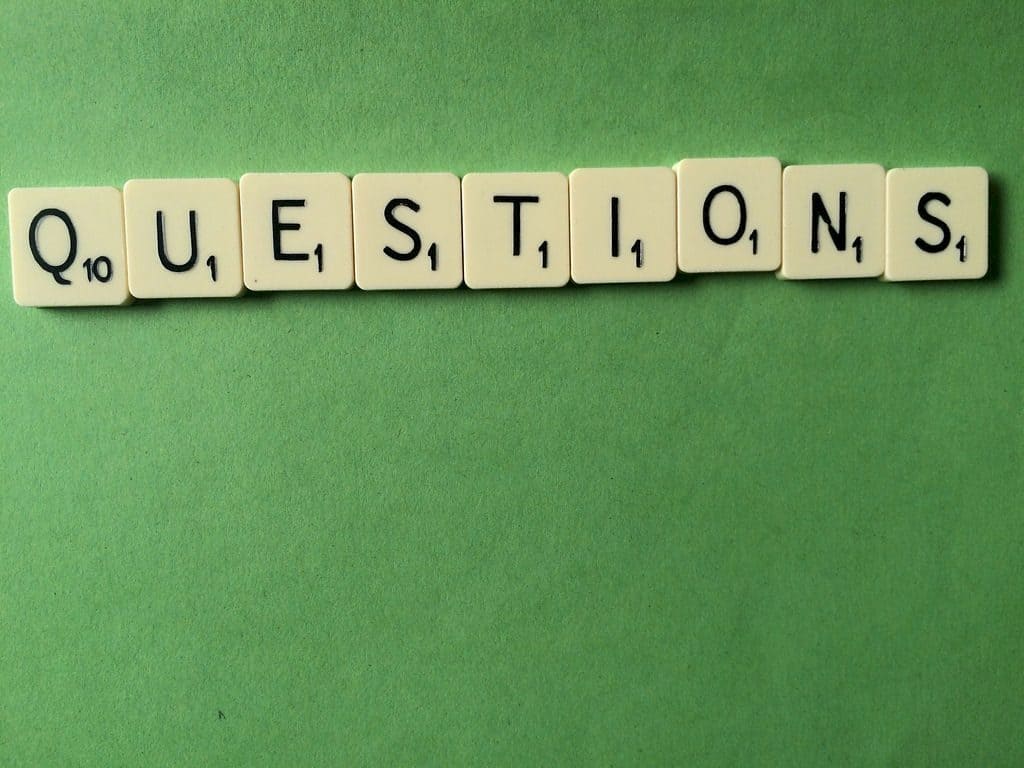Pamela sent us this question regarding intra-gastric balloon mechanism of action: I am looking into getting a balloon placed into my stomach to learn portion control. I eat healthy and exercise regularly but I have failed to lose weight over the past few years.
Thank you, Pamela, for your question and interest in our comprehensive weight loss program at Houston Weight Loss Surgery Center. Your question is very important, and in my opinion it underlies a central concept in weight loss and bariatric surgery mechanism of action. Indeed, there is more to bariatric surgery than simple calorie restriction and herein lies it effectiveness and durability.
Weight loss surgery like gastric sleeve procedure is also called metabolic surgery because it alters several hormones in your body. Hormones like Ghrelin, Leptin, PYY and GLP-1 control your energy metabolism, appetite, hunger and weight. Thus, following gastric sleeve surgery, Roux-en-Y gastric bypass, or duodenal switch surgery, altered hormone secretion leads to increased metabolic rate, decreased hunger and appetite, and increased satiety. You are now satisfied with a small meal not only because your stomach volume has decreased but also because your satiety has increased. Procedures like gastric balloon and lap Band are purely restrictive. This means that your gastric volume is reduced forcing you to eat less without altering any of the hormones that control your weight and appetite. Thus, you are not satisfied with a small meal even though you are making every possible effort to learn and apply portion control.
Weight loss is not a will power or behavioral problem. Weight loss is a hormonal problem. Bariatric surgery resets your energy hormones allowing you to be satisfied with small portions. Enforcing portion control by itself, leads to starvation. Starvation leads to increased hunger and decreased metabolism. Hunger is not easy to ignore and low metabolism trigger fat cells to absorb and hoard too many calories. The result of calorie restriction is eventual weight regain and frustration. A phenomenon that you and most Houstonians experience daily.
“Overeating doesn’t make you fat. The process of getting fat makes you overeat,” per David Ludwig, a practicing endocrinologist at Boston Children’s Hospital and a professor of nutrition at the Harvard School of Health in Boston. In his book, “Always Hungry”, Dr. Ludwig emphasizes that body weight is about biology rather than willpower. The key to weight loss is not discipline but getting your metabolism to work correctly. Gastric balloon and Lap Band procedures do not correct your metabolism. You may be forced to eat small meals while the balloon is in place and loose around 20 pounds. However, once the balloon is removed 6 months after placement, you are most likely going to regain the weight back despite your best efforts.

